In a move that has sparked widespread political intrigue, the immediate past Secretary to the Kano State Government (SSG), Dr. Abdullahi Baffa Bichi, and former Commissioner for Project Monitoring and Evaluation, Muhammad Diggol, recently held a high-profile meeting with Deputy Senate President Barau I. Jibrin in Abuja. The meeting, which took place on March 14, 2025, has drawn significant attention, particularly given the complex political dynamics between the All Progressives Congress (APC) and the ruling New Nigeria Peoples Party (NNPP) in Kano State.
This gathering has fueled speculation about potential political realignments, bipartisan collaboration, and the future of governance in one of Nigeria’s most politically significant states.
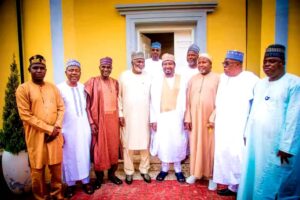
The Meeting: A Focus on Collaboration and Development
Deputy Senate President Barau I. Jibrin, a prominent APC chieftain, shared photos of the meeting on his official Facebook page, accompanied by a statement emphasizing the importance of unity and collaboration for sustainable development. He wrote:
“The development of our state and the country is always at the top of our agenda. We will continue to collaborate with other stakeholders to advance our state and nation.”
The meeting is seen as part of broader efforts to foster political dialogue and cooperation, transcending party lines to address the pressing developmental needs of Kano State. It also highlights the growing trend of political stakeholders seeking common ground to tackle challenges such as infrastructure deficits, unemployment, and economic instability.
Key Figures in the Spotlight
The meeting brought together three influential figures, each with a unique role in Kano State’s political landscape:
- Dr. Abdullahi Baffa Bichi: The immediate past SSG, who was recently relieved of his duties, is a seasoned administrator with extensive experience in governance. Known for his technocratic approach, Bichi has been a key player in implementing state policies and programs. His presence at the meeting has raised questions about his next steps and potential political allegiances.
- Muhammad Diggol: As the former Commissioner for Project Monitoring and Evaluation, Diggol played a critical role in overseeing the execution of key state projects. His expertise in project management and governance makes him a valuable figure in discussions about Kano’s development.
- Barau I. Jibrin: The Deputy Senate President and a senior APC leader, Jibrin is a influential political figure both in Kano State and at the national level. His involvement in the meeting underscores the APC’s strategic interest in Kano, a state with a significant voter base and political influence.
Political Implications: APC and NNPP Dynamics
The meeting has drawn mixed reactions from political analysts and the public, particularly due to the interaction between APC leaders and key figures from the NNPP, which currently governs Kano State. This has led to speculation about potential political realignments and alliances ahead of future elections.
For the APC, engaging with former NNPP officials could be a strategic move to strengthen its position in Kano, a state that has historically been a political battleground. By fostering relationships with influential figures like Bichi and Diggol, the APC may be positioning itself to regain control or influence in the state.
On the other hand, the NNPP may view such interactions as an opportunity to consolidate its governance efforts by leveraging bipartisan support. The party, which has been in power in Kano since the 2023 elections, faces the challenge of delivering on its promises while navigating the complexities of Nigeria’s political landscape.
Public and Political Reactions
The meeting has sparked a wave of reactions from various quarters. Supporters of the APC have praised Barau’s efforts to promote unity and collaboration, viewing it as a step toward inclusive governance. Meanwhile, some NNPP loyalists have expressed caution, interpreting the meeting as a potential threat to their party’s dominance in the state.
Political analysts have also weighed in, suggesting that the meeting could signal a shift in political strategies. According to some experts, the interaction between APC and NNPP figures reflects a growing recognition of the need for bipartisan cooperation to address the challenges facing Kano State and Nigeria as a whole.
What’s Next for Kano State?
As political stakeholders continue to engage in dialogue, the focus remains on how these interactions will shape Kano State’s development trajectory. Key areas of interest include:
- Infrastructure Development: Improving roads, healthcare facilities, and educational institutions.
- Economic Growth: Creating jobs and attracting investments to boost the state’s economy.
- Security: Addressing issues of insecurity to ensure a safe environment for residents and businesses.
- Governance: Strengthening institutions and promoting transparency in government operations.
The meeting between Barau, Bichi, and Diggol underscores the importance of unity and collaboration in addressing these challenges. Whether this marks the beginning of a new era of bipartisan cooperation or simply a strategic political maneuver remains to be seen.
A Broader Perspective: National Implications
The developments in Kano State also have broader implications for Nigeria’s political landscape. As one of the country’s most populous and politically influential states, Kano often serves as a bellwether for national trends. The outcome of these political engagements could influence the strategies of other states and political parties, setting the stage for a more collaborative approach to governance.






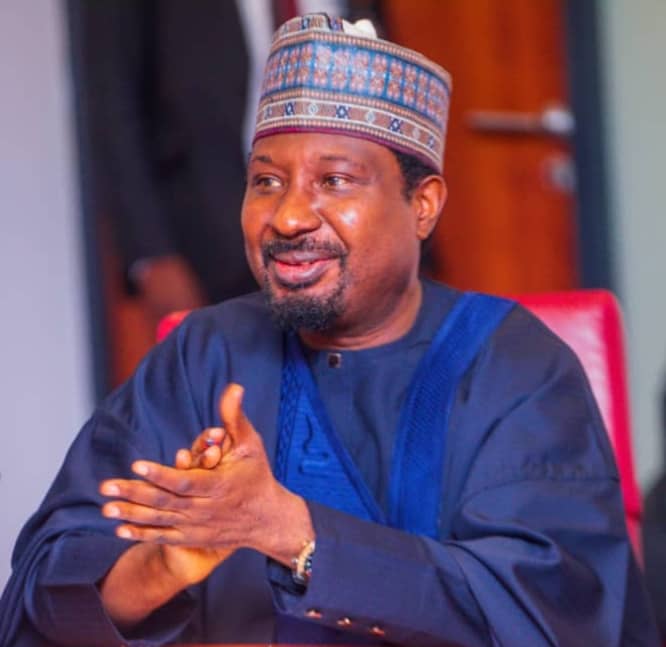
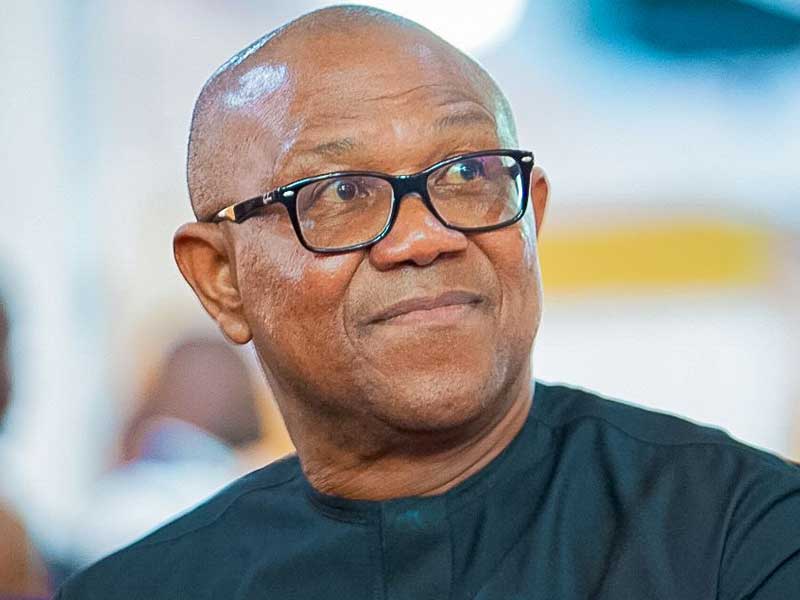





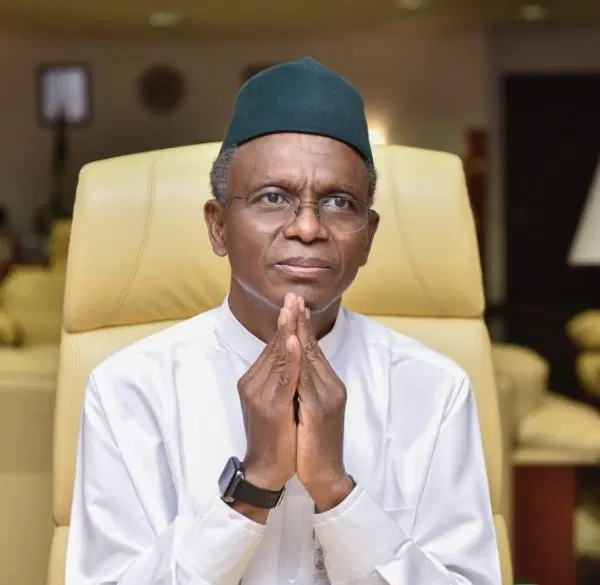
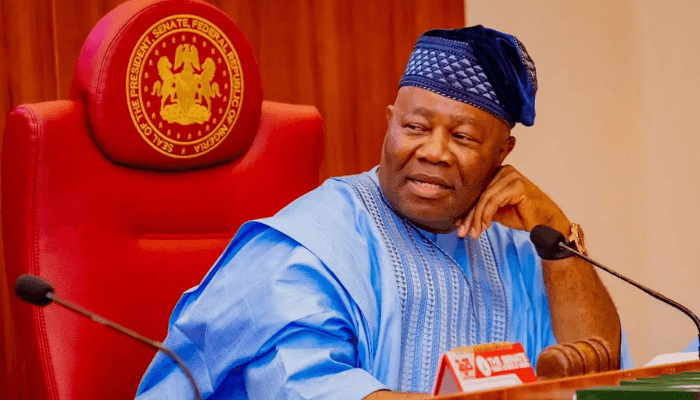
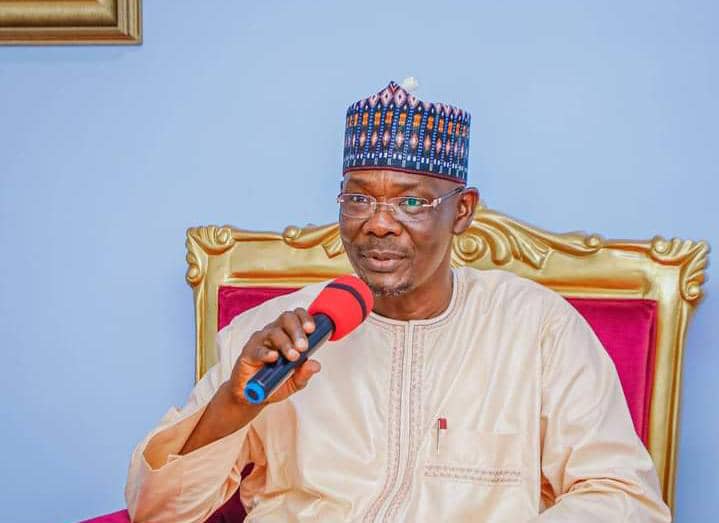
Got a Questions?
Find us on Socials or Contact us and we’ll get back to you as soon as possible.